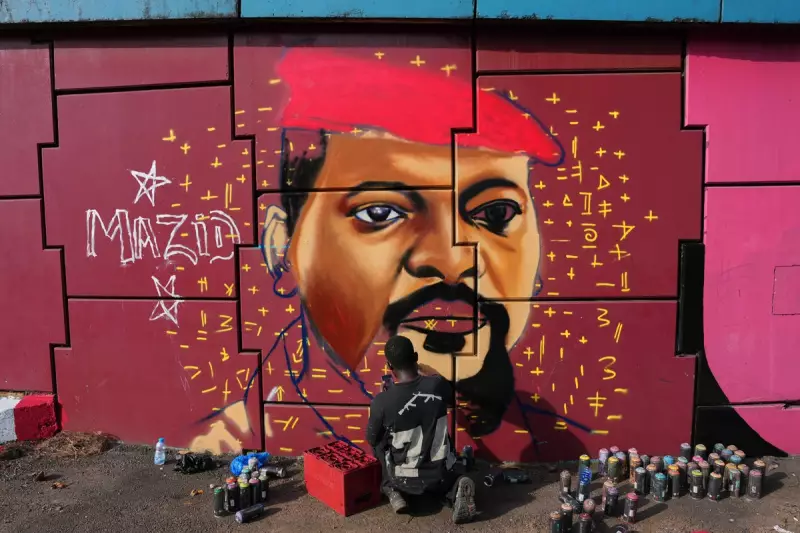
Guinea has been plunged into fresh political turmoil after elite military forces stormed the country's main prison in a dramatic overnight operation, freeing several high-profile inmates including an influential army colonel.
The explosive developments come as the nation's ruling military junta simultaneously announced the dissolution of the interim government, throwing the West African country's political future into uncertainty.
Dramatic Prison Assault
In a bold move that has shocked the international community, special forces units loyal to the current military leadership attacked the Central House prison in the capital Conakry. The operation resulted in the liberation of Colonel Claude Pivi, a prominent figure from the former government who had been detained since the 2021 coup.
Local media reports indicate the assault was met with heavy resistance from prison guards, though the military successfully extracted their targets without major casualties.
Government in Disarray
Simultaneously, the military administration issued a formal decree disbanding the transitional cabinet that had been overseeing Guinea's planned return to civilian rule. The dissolution marks a significant setback for the country's democratic transition process.
This dual action represents the most severe political crisis to hit Guinea since Colonel Mamady Doumbouya seized power in September 2021, ousting former President Alpha Condé.
International Concern Mounts
The Economic Community of West African States (ECOWAS) has expressed deep concern over the escalating situation. Regional leaders fear the latest developments could further destabilise a nation already struggling with economic challenges and social unrest.
International observers are closely monitoring the situation, with many questioning whether this signals a consolidation of military power or the beginning of renewed internal conflict within the ruling junta.
What Comes Next?
With the interim government dissolved and key political prisoners freed, the path forward for Guinea remains unclear. The military leadership has promised to appoint a new government soon, but has provided no timeline for this transition or for the promised return to democratic elections.
As tensions rise in Conakry, citizens and international partners alike await the junta's next move in this rapidly evolving political drama that could have significant implications for regional stability across West Africa.





